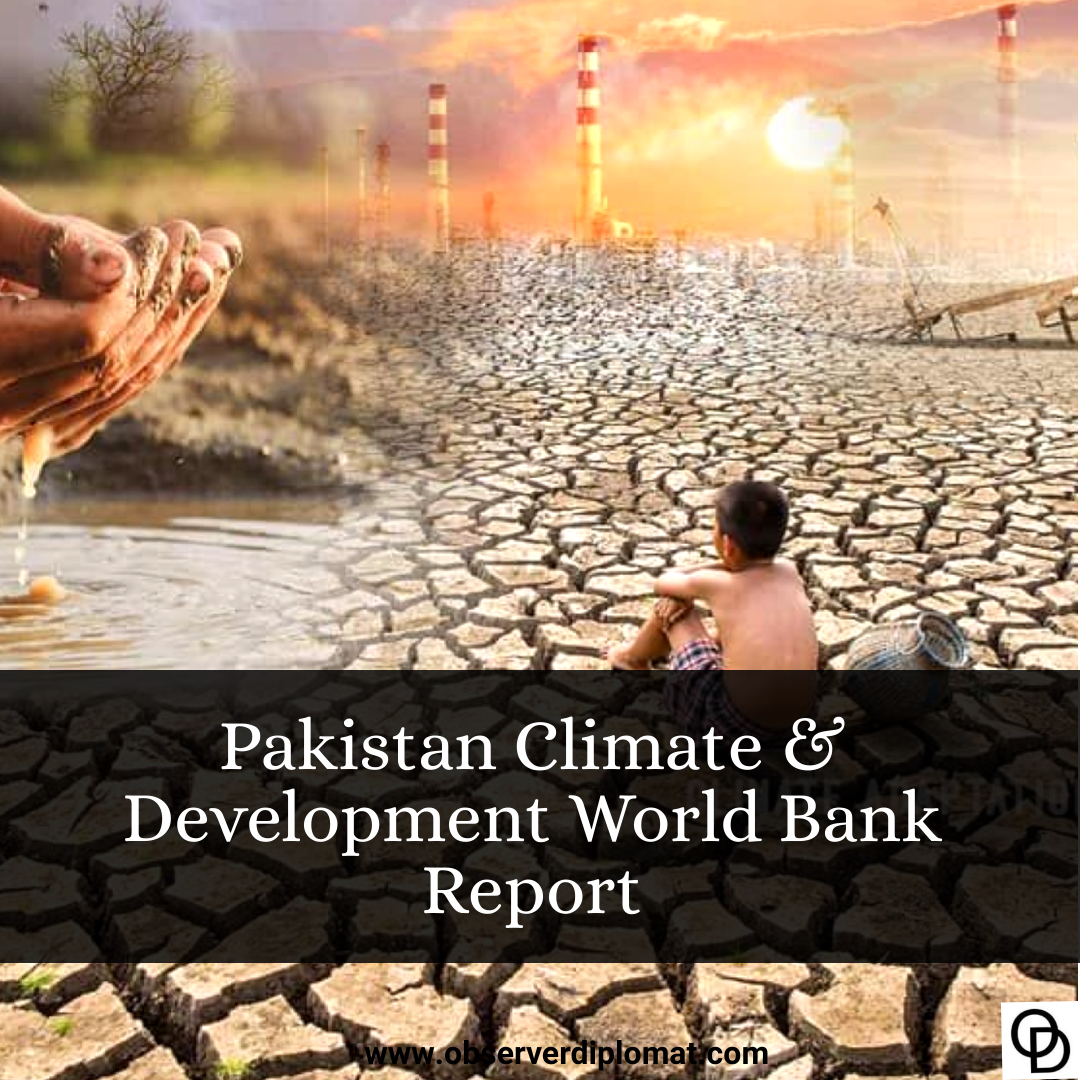According to a World Bank report, Pakistan is among the nations most susceptible to climate change, and in the decades to come, extreme weather occurrences are anticipated to increase in frequency and severity. According to the Post-Disaster Needs Assessment, the cost of rehabilitation and reconstruction following the floods is expected to be US$16 billion. An additional 8.4 to 9.1 million people will fall into poverty as a result of the national poverty rate rising by 3.7 to 4.0 percentage points.
This report suggests a strategy for overcoming these difficulties. Due to Pakistan’s limited financial resources, significant extra financial and technical aid from abroad as well as the private investment would be needed. The report’s recommendations must be put into action by making wise and difficult choices about how to best use revenue, balance important trade-offs, and increase domestic revenue generation while also fostering an environment that will encourage more private investment and taking steps to boost international investment. This will necessitate a fundamental shift in the nation’s policies and institutions toward greater equity, efficiency, and accountability in addition to maintaining macroeconomic stability, which in turn will necessitate addressing the underlying political economy constraints that have previously limited the implementation of similar recommendations.















